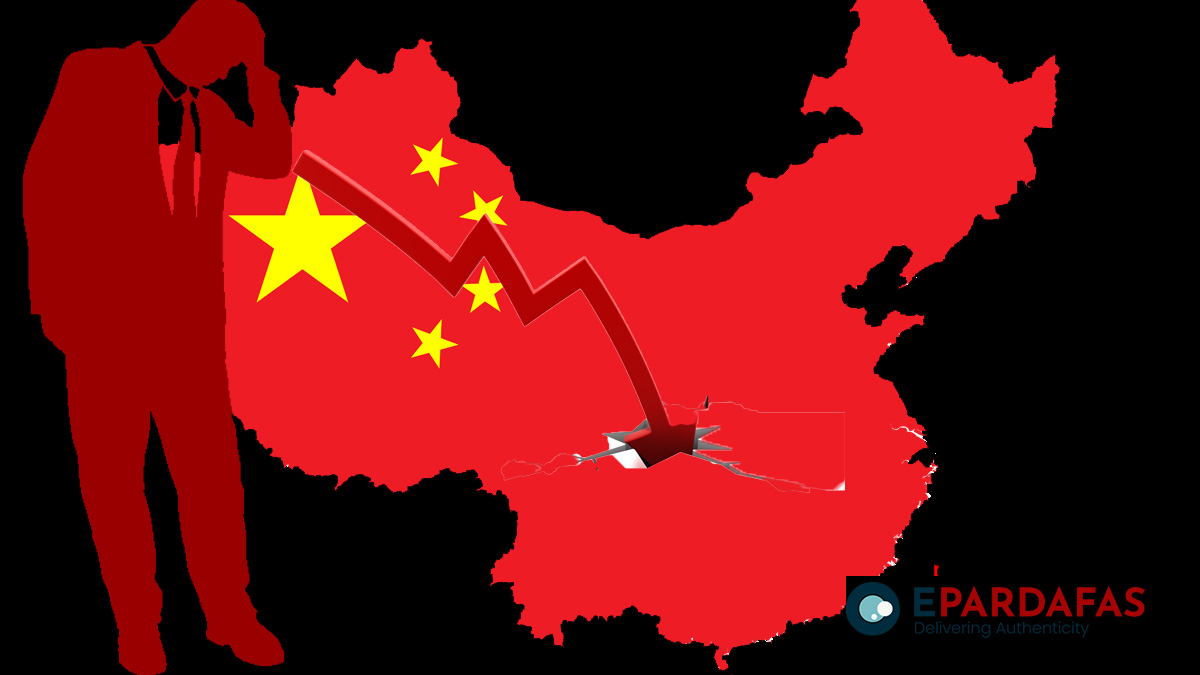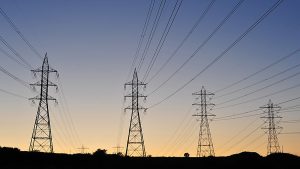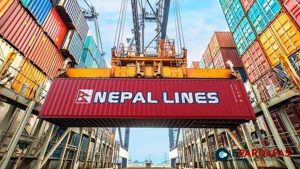
Unraveling China’s Crisis: Economic Drifts and Political Rifts

In a departure from his traditionally optimistic New Year’s messages, Chinese President Xi Jinping openly acknowledged the daunting economic challenges facing China during his recent speech. This admission, the first of its kind since he began delivering annual addresses in 2013, comes at a pivotal moment for the world’s second-largest economy. China is grappling with a structural slowdown marked by weak demand, rising unemployment, and a notable decline in business confidence. This expansive exploration aims to delve deep into the multifaceted issues plaguing China, spanning its economic woes, political crackdowns, and geopolitical posturing.
Economic Headwinds
President Xi, in his televised speech, candidly admitted the difficulties faced by businesses and job seekers in the country. The acknowledgment of economic headwinds underscores the severity of the issues currently afflicting China. As the National Bureau of Statistics (NBS) released its monthly Purchasing Managers’ Index (PMI) survey, factory activity was revealed to have declined to the lowest level in six months. The official manufacturing PMI dropped to 49 in December, signaling a contraction for the third consecutive month.
Manufacturing Downturn
China’s massive manufacturing sector has been grappling with weaknesses throughout 2023. After a brief uptick in economic activity in the first quarter of the year, the official manufacturing PMI contracted for five months until September before dipping below 50 again. Several factors contribute to this downturn, including a prolonged property downturn, record high youth unemployment, weak prices, and financial stress at local governments.
The Challenges in 2023
China’s economy faced a set of significant challenges in 2023. A prolonged property downturn cast a shadow on the real estate sector, impacting related industries and causing a ripple effect on the broader economy. The country also grappled with record high youth unemployment, which raised concerns about the social and economic implications for the younger generation.
Stubbornly weak prices, particularly in key sectors, added to the economic woes. Beijing’s response involved a series of supportive measures rolled out throughout the year. The government pledged to intensify fiscal and monetary policies in 2024 to revive growth and spur employment. However, its approach, increasingly emphasizing state control over economic and social affairs, has raised concerns among entrepreneurs.
Crackdown on Businesses and Foreign Investors
China’s government crackdown on businesses, ostensibly for national security reasons, has further exacerbated the challenges. The recent announcement by the People’s Bank of China approving the removal of controlling shareholders at Alipay, Jack Ma’s Ant Group’s digital payment platform, exemplifies this trend. Ma, a prominent figure in China’s tech industry, officially ceded control of the company he co-founded, indicating the government’s assertive stance on reining in influential businesses.
The government’s tightening grip on the private sector and the crackdown on big tech companies have also alarmed international investors. The regulatory actions against high-profile companies like Alibaba and Ant Group have created an atmosphere of uncertainty, deterring foreign investment in China.
Xi’s Tough Stance on Taiwan
In addition to economic challenges, President Xi reiterated China’s long-standing stance on Taiwan during his New Year’s address. He emphasized the mainland’s commitment to the “reunification” of China with Taiwan, a self-ruled island democracy. The timing of this statement, just two weeks before Taiwan’s presidential elections on January 13, adds a geopolitical dimension to China’s challenges.
Xi’s comments on Taiwan underscore China’s unwavering claim to the island, considering it as part of its own territory despite never having controlled it. The possibility of using force to bring Taiwan under Chinese control remains on the table, as outlined by the Communist Party’s historical position.
Geopolitical Tensions
The political posturing on Taiwan adds another layer of complexity to China’s current challenges. Tensions in the Taiwan Strait have escalated, with Beijing maintaining a firm stance on reunification and Taiwan expressing concerns about potential influence operations by the mainland ahead of its elections. The reiteration of Xi’s commitment to reunification in a more pointed tone than the previous year signals the importance China places on this issue.
Trade and International Relations
As China navigates these complexities, its actions and policies have far-reaching implications for global trade and international relations. The country’s economic slowdown and increased state intervention have not only impacted its domestic businesses but have also created ripple effects in the global market. The crackdown on businesses and the uncertainties surrounding foreign investment have strained China’s relationships with international partners.
China’s Belt and Road Initiative, a cornerstone of its foreign policy, has also come under scrutiny as economic challenges mount. Partner countries are reassessing their involvement in projects amid concerns about the financial viability and transparency of the initiative. This shift in sentiment could reshape the geopolitical landscape and influence the balance of power on the global stage.
Human Rights Concerns
Parallel to economic and geopolitical challenges, China faces continued scrutiny over its human rights record. The government’s actions, including the crackdown on dissent, restrictions on freedom of expression, and the treatment of minority groups, have drawn widespread international criticism. The tensions between economic development and human rights have created a conundrum for China as it seeks to assert its influence on the global stage while grappling with accusations of human rights abuses.
The Role of Technology
China’s technological ambitions have been a driving force in its quest for global dominance. However, the government’s regulatory crackdown on big tech companies, including Alibaba and Tencent, has raised concerns about the impact on innovation and the broader technology sector. The balance between fostering innovation and maintaining state control is a delicate one, and China’s approach has sparked debates about the role of technology in shaping the country’s future.
Environmental Challenges
Amidst economic and political challenges, China is also confronted with pressing environmental issues. The country’s rapid industrialization and urbanization have taken a toll on its environment, contributing to air and water pollution, deforestation, and other ecological concerns. The government’s commitment to addressing environmental challenges, including its ambitious carbon neutrality target, is a positive step. However, the implementation of these measures and their effectiveness in the face of economic pressures remain key areas of observation.
Global Responses and Impacts
The challenges faced by China have not gone unnoticed on the international stage. Trading partners, geopolitical rivals, and global institutions are closely monitoring China’s economic and political developments. The economic slowdown, crackdown on businesses, and assertive stance on Taiwan have prompted diverse reactions from the international community.
Some countries are recalibrating their economic strategies and trade relations with China, considering the evolving landscape. The United States, in particular, has been reevaluating its approach to economic engagement with China, with implications for trade policies, technology collaboration, and geopolitical alliances.
Conclusion
In conclusion, China’s economic struggles, political posturing, and geopolitical challenges form a complex tapestry that reverberates globally. The economic slowdown, coupled with increased state intervention, has reshaped the dynamics of the Chinese economy and strained relations with the international community. The crackdown on businesses, particularly in the technology sector, has raised concerns about innovation and foreign investment.
Geopolitically, China’s assertive stance on Taiwan and its human rights record have drawn international criticism and prompted responses from various quarters. The delicate balance between economic development, state control, and global influence poses intricate challenges for China’s leadership.
As the world navigates an era of shifting geopolitical landscapes and economic uncertainties, China’s role and responses will undoubtedly shape the trajectory of global affairs. The intricate interplay between economic dynamics, political decisions, and international relations demands continuous scrutiny and analysis to comprehend the evolving nature of China’s position on the world stage.
- Partial Weather Changes Expected in Kathmandu Valley
- Absences at Military Promotion Ceremony Spark Speculation of Corruption Probe in China’s Military
- 163 Chinese Workers Found in “Slavery-Like Conditions” at BYD Factory in Brazil
- President and Vice President Extend Greetings on Christmas, Highlighting Unity and Harmony












Comments